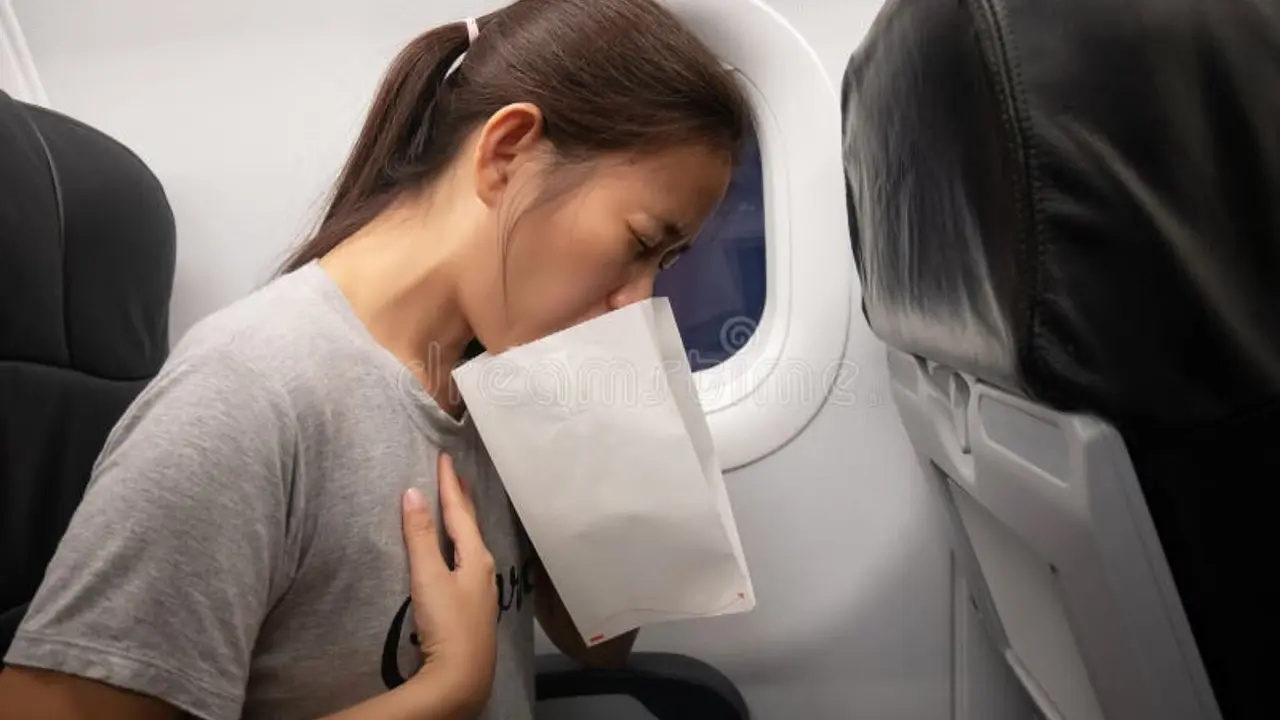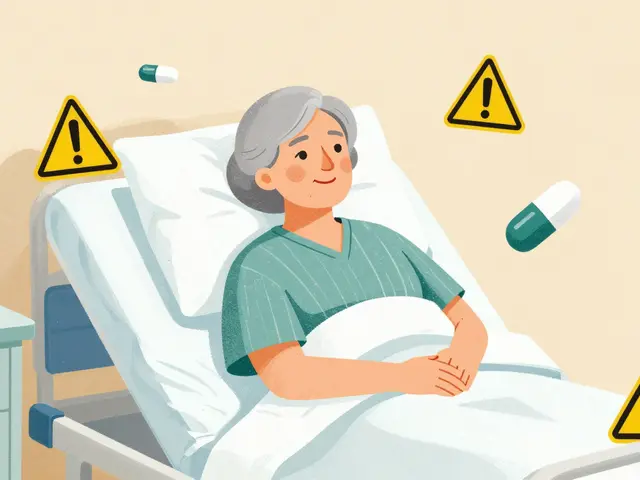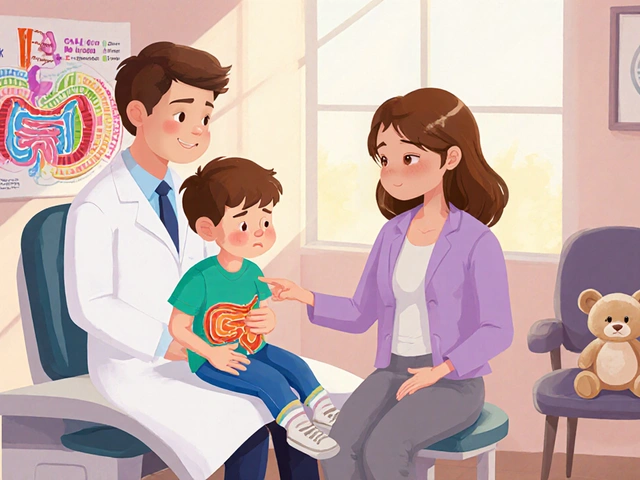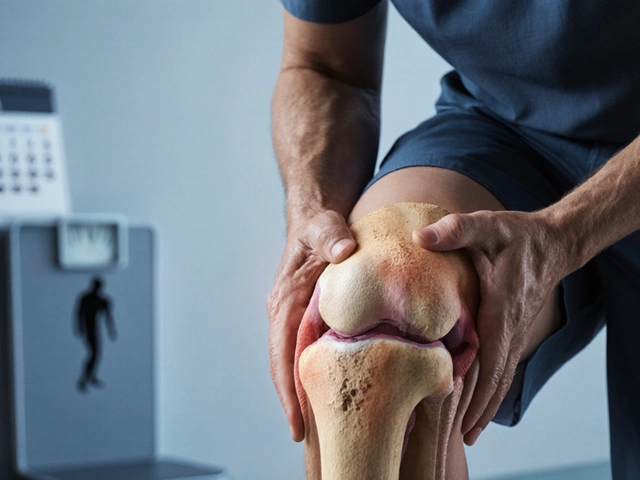Travel sickness: fast tips to prevent and treat it
Travel sickness (motion sickness) hits when your inner ear, eyes and brain send mixed signals. You feel queasy, sweaty, dizzy or get a headache — usually while in cars, boats, planes or on trains. The good news: most cases are short-lived and there are simple steps to stop it before it ruins a trip.
Quick fixes for the trip
Start with where you sit. In cars, sit in the front seat and look at the horizon. On boats, stay mid-ship where motion is milder. In planes, pick a seat over the wing. Keep your head still and focus on a steady point outside.
Try ginger. A small amount of ginger candy, tea or 500 mg of ginger supplement (split doses) often eases nausea for many people. It has fewer side effects than drugs and works well combined with other measures.
Over-the-counter antihistamines like meclizine or dimenhydrinate help a lot. They’re taken before travel and reduce nausea and dizziness. They can make you sleepy, so avoid driving after use. Prescription options include scopolamine patches for longer trips — you put one behind the ear hours before travel and it lasts up to 72 hours. Always read instructions and check with a clinician if you’re unsure.
Acupressure wristbands press a point on the inner wrist and help some people, especially children, without drugs. Small lifestyle moves matter too: avoid heavy, greasy meals before travel, sip clear fluids, get fresh air, and avoid reading or screen time while moving.
Planning and precautions
If you travel often, try building tolerance: short, controlled trips can reduce symptoms over time. For children, use pediatric formulations and ask the pediatrician for age-appropriate doses. Pregnant people should talk to their obstetrician — many meds are avoided early in pregnancy; non-drug measures and ginger are often preferred.
People with certain conditions (inner ear problems, uncontrolled migraines, or recent head injury) should check with their doctor before using common motion-sickness drugs. Also mention other meds you take — some combinations can increase drowsiness or cause interactions.
If nausea is severe, lasts after travel, or is accompanied by fainting, high fever, or confusion, seek medical care. Persistent symptoms might signal an inner ear issue or another condition that needs treatment.
Small preparation goes a long way: pick the right seat, try ginger or a wristband, and use meds smartly when needed. Want specific drug options or safe dosing for you or your child? Check HeyDoctor.com articles or talk to a clinician — a quick chat can save a trip from getting ruined.

- Nov 8, 2023
- Posted by Cillian Osterfield
Travel Sickness and Your Career: How to Stay Professional
Hey there! If you're like me and travel sickness gets in the way of your professional life, you understand the struggle. In this post, we are going to dive into how we can combat travel sickness while still maintaining our professionalism. I'll share tips on managing symptoms, making travel plans that suit our needs and communicating these issues at our workplace. It's time we take control of our careers regardless of travel sickness.
Categories
- Health and Wellness (70)
- Medications (68)
- Health and Medicine (28)
- Pharmacy Services (12)
- Mental Health (9)
- Health and Career (2)
- Medical Research (2)
- Business and Finance (2)
- Health Information (2)
©2026 heydoctor.su. All rights reserved





